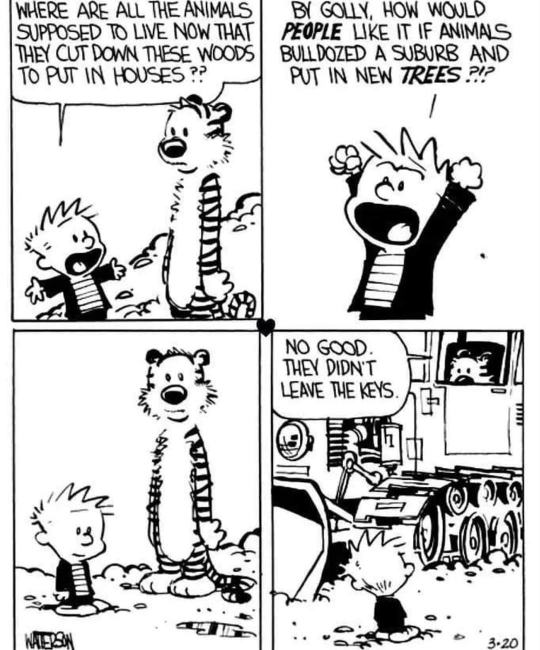#dark ecology
Text
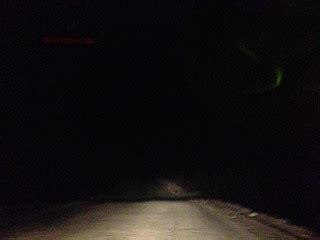
Dark ecology is a way to explain the “irony, ugliness, and horror” of ecology. This is a way to look at and appreciate not only the lush, serene, and idealistic pieces of nature, but also simple or ugly things.

Timothy Morton argues that ecology is more than just biology and science. It is everything in this world connected. It is art and the humanities along with science. He calls this the ecological thought. Morton writes, “[i[t has to do with reading and writing. It has to do with race, class, and gender. It has to do with sexuality” (2). The ecological thought forces us to become one with nature instead of “othering’ it like we always have. We put it over there, far away, somewhere almost unreachable. But Morton is saying it is us, everything around us and in between. Morton terms it “the mesh,” an intimacy, interconnectedness, a coexistence that is open-ended (8)
--
The mesh tells us that EVERYTHING is connected. There’s no way we can wrap our head around how each little part is connected; this is the strange stranger. Morton is saying we haven’t been able to comprehend that nature is connected to us instead of this far-away thing but we need to. We’re not going to understand it all though, no matter how much we try. Trying to comprehend it is strange, but realizing you can’t comprehend it all is stranger. By realizing that we are closer to nature than we seem it brings up the concept of dark ecology. Morton writes, “..life is catastrophic, monstrous, nonholistic, and dislocated, not organic, coherent, or authoritative” (275). Dark ecology is part of the reason we have othered nature and put it over there, away from us. We have repressed its dark side.
#queer ecology#the mesh#strange strangers#ecotheory#the student theorist#timothy morton#dark ecology#queer theory#critical ecology#ecology#nature
18 notes
·
View notes
Text
"When my coat has worn itself into an affectionate intimacy with my body, when it has served for Sunday best, and for weekdays, and got weather-stained out in the fields with sun and rain — then, faithful, it does not part from me, but getting itself cut up into shreds and patches descends to form a hearthrug for my feet. After that, when worn through, it goes into the kennel and keeps my dog warm, and so after lapse of years, retiring to the manure-heaps and passing out on to the land, returns to me in the form of potatos for my dinner; or being pastured by my sheep reappears upon their backs as the material of new clothing. Thus it remains a friend to all time, grateful to me for not having despised and thrown it away when it first got behind the fashions. And seeing we have been faithful to each other, my coat and I, for one round or life-period, I do not see why we should not renew our intimacy — in other metamorphoses — or why we should ever quite lose touch of each other through the aeons" (96).
Edward Carpenter: England's ideal : and other essays on social subject (1887)
#ecocriticism#queer ecology#ecology#dark ecology#victorian#victorian era#enviromentalism#history#philosophy of life#nineteenth century#recylcing#edward carpenter#dark academia
46 notes
·
View notes
Text

#pagan#witch#paganism#dark#neopagan#wiccan#gardening#ecofriendly#ecology#conservation#environment#environmentalism#biodiversity
2K notes
·
View notes
Text
FFXIV players who want their WoL to kill the Elementals: "My WoL would be applauded for freeing the Shroud of their evil and their death will fix Gridania's shortcomings, prejudices, and xenophobia."
The actual likely consequences of that scenario:
#Final Fantasy XIV#FFXIV#Warrior of Light/Darkness#Gridania#Elementals#like gridania is in desperate need of more visible growth/development in the storytelling#but killing the elementals would NOT fix that#because they aren't “evil”#they're temperamental nature spirits with only semi-intelligence#they are the scapegoat for the actual issue#and not only would their death NOT solve that issue#it would also more than likely cause an ecological disaster XD
496 notes
·
View notes
Text

In a world that doesn't revolve around maximizing profit, it's simply common sense not to feed poison to our children.
#dark academia#light academia#chaotic academia#dark academia blog#anti capitalism#anticapitalista#neoliberal capitalism#neoliberalism#be the change#socialism#social activism#activism#sustainability#eat the rich#ecology
119 notes
·
View notes
Text
Fungi are everywhere but they are easy to miss. They are inside you and around you. They sustain you and all that you depend on. As you read these words, fungi are changing the way that life happens, as they have done for more than a billion years. They are eating rock, making soil, digesting pollutants, nourishing and killing plants, surviving in space, inducing visions, producing food, making medicines, manipulating animal behavior, and influencing the composition of the Earth's atmosphere. Fungi provide a key to understanding the planet on which we live, and the ways that we think, feel, and behave. Yet they live their lives largely hidden from view, and over ninety percent of their species remain undocumented. The more we learn about fungi, the less makes sense without them.
Entangled Life by Merlin Sheldrake
#quote#entangled life#merlin sheldrake#literature#nature#ecology#fungus#mycology#original post#dark academia#light academia#green academia#fungi#mushrooms#earth
599 notes
·
View notes
Text
I might be going back to school...
I can't believe it. At 32, I am looking into wildlife biology and conservation programs. This is all your fault, Tumblr.
The bird blogs, especially @todaysbird and @herpsandbirds, are big factors in my decision as well as the wonderful experts and enthusiasts and citizen scientists on this site. You all inspire the heck out of me and now it looks like I'm actually making that into action.
I have the good nerves right now 😂
#dark academia#schooling#university#birds#wildlife#wildlife biology#ecology#animals#studyblr#conservation
58 notes
·
View notes
Photo
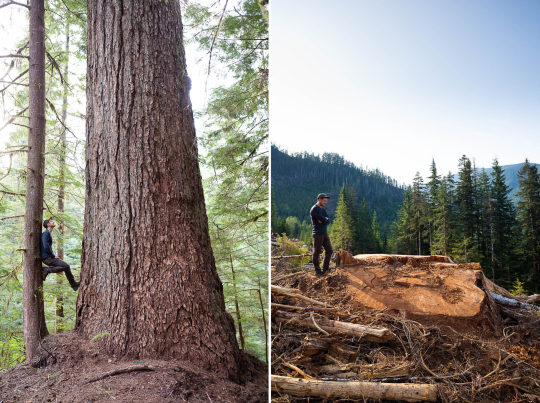
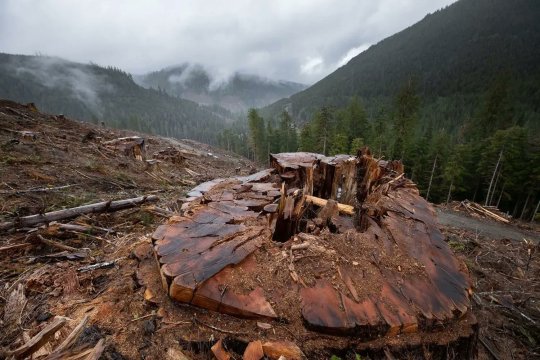
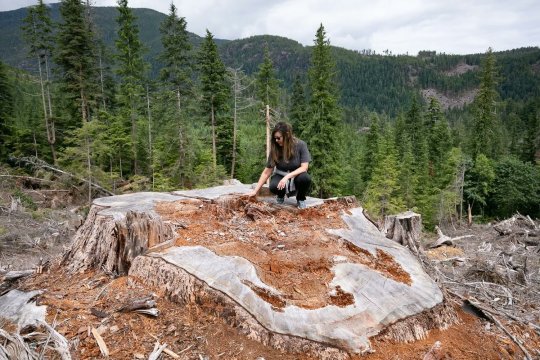
Reminder to the weak liberal-minded environmentalists: all the logging machines that make Earth bald before her time won't burn down or get smashed to pieces on their own. They might need a hand :)
#earth first!#Environment#environmetalists#deep ecology#eco anarchism#elf#Deep Green#logging#green anarchy#green politics#dark green#green anarchism#protect environment#anarcho primitivism#anprim#anprimgang#anarcho primitivist#ecology#direct action#Anti Civ#anticiv#environment and nature#deforestation#stop deforestation#protect nature
268 notes
·
View notes
Text

"It is imperative to examine ecology without the romanticized notion of nature looming over its discourse. There are numerous instances of environmentalist movements that are primarily focused on preserving this idealized “nature” instead of considering what is actually best for the environment. For example, solar and wind farms are often rejected by communities because they don’t look “natural”. Instead of being concerned about energy preservation, the public is wary that these large industrial farms with “spoil their view.” Morton writes that this “is truly a case of the aesthetics of Nature impeding ecology” (9). It’s because of instances like this that the human race will not be able to truly address the environmental realities of the planet without first eradicating this ideological perception of what is “natural” and “unnatural”. Industrial facilities are a part of the modern society in which we all exist.
--
Morton writes on dark ecology: “A more honest ecological art would linger in the shadowy world of irony and difference…The ecological thought includes negativity and irony, ugliness and horror.” We must not shield the ugliness inherent in ecology from our view, but rather, acknowledge, or even celebrate it. Oil spills, windmills, landfills and road-kill; these are some examples of dark ecology. If we are thinking in the totality called for by the ecological thought, we need the whole picture.
--
Two of the concepts within the ecological theory are: the mesh and strange stranger. In the broad world, the more we know something, the more ambiguous it becomes and we understand it less. Morton defines the the mesh as the interconnectedness of all living and non-living things. He recognizes that the mesh is jumbled and tangled and is not easily navigable. “It is a vast, sprawling mesh of interconnection without a definite center or edge” (The Ecological Thought 8).
The other tenant of ecotheory is the idea of strange strangers. The idea of “strange strangers” bases its legitimacy on the inner logic of knowledge. It suggests that the more we understand our connection to each and every life-form, the stranger they become to us. --This is just like our relationship with the most seemingly distant and insignificant life form. Much in the spirit of the Uncanny, these “strange strangers” are distantly familiar, yet our understanding of them becomes less clear the more we inspect them and our relationship with them.
#the student theorist#queer ecology#ecotheory#critical ecology#ecofeminism#nature#ecology#strange strangers#mesh#dark ecology#queer theory#environmental politics
11 notes
·
View notes
Text
"In her wonderful study of waste, Gay Hawkins describes how, in the narrative of modernity, ‘dumping waste is an expression of contempt for nature [...]. Humans establish their sense of mastery over and separation from a passive desacralized nature by fouling it.’ Hawkins continues:
Waste makes us feel bad, its presence disgusts and horrifies us, it wrecks everything — in these familiar sentiments badness is located in the object that disrupts purity rather than in the relation between the person having the affect and the object. In the quest to purify, [...] waste has no generative capacities, only destructive ones. (pp. 9–10)
In contrast to this characterization of waste, for Carpenter, waste is generative: it contributes to life in changing and diverse forms, it creates relationships and networks, it transmits feelings. Coat as compost is understood in terms of intimacy and fidelity by Carpenter, not disgust. Waste, we might say, makes Carpenter feel good" (11).
Wendy Perkins: "Edward Carpenter's Queer Ecology of the Everyday" (2018)
#ecocriticism#queer ecology#dark ecology#ecology#enviromentalism#waste management#recycling#victorian#victorian era#nineteenth century#pollution#cliamte change#edward carpenter
13 notes
·
View notes
Text
environmental fieldwork
Because being an environmental scientist is one of the most beautiful scientific pursuits. ♡
•─•°•❀•°•─•
✎ Black and brown turtlenecks under lab coats, as the chills start setting in.
✎ Crunching autumn leaves under heavy boots, looking up at the finger-like bare branches.
✎ Swirling a beaker by the waterside, watching the colours of your titrant mix into your sample.
✎ BOD bottles. They're such an elegant piece of glassware.
✎ The feeling of soil between your fingers as you sit against cold rocks.
✎ Cosying up with a hot beverage after trekking through the snow, watching the wind howl outside.
✎ Marvelling at the unfamiliar, almost alien creatures under your microscope. Knowing there's a whole world of indescribable life that you'll only ever scratch the surface of.
✎ Slowly becoming more familiar with the world around you. Knowing the trees by their leaves, the rocks by their hardness, or the soil by its texture makes living on this Earth so much more beautiful.
#environmental science#enviro sci#stemblr#stem students#stem academia#earth academia#green academia#dark academia#grey academia#classic academia#college life#university life#university student#romanticise everything#ecology#dark naturalism#romanticise school#nature aesthetic#naturecore#goblincore#earthcore
32 notes
·
View notes
Text

Recently, a copy of Alpines & Bog Plants by Reginald Farrer fell into my hands (thank you, antiquarian bookseller). At first I thought it would be botany but it is actually a mix of hobbyist naturalist & horticultural anecdotes.
It’s a first edition, published in 1908 -- remarkably well kept, pretty obvious spotting & foxing and one plate appears to be detaching from the spine. The book is remarkably poetic, but it would be free verse with binomial nomenclature, which I haven’t seen before,

The dedication is an excerpt from Hippolytus by Eurypides, roughly (according to my friend who studies classics):
“For you, lady, I bring this plaited garland I have made, gathered from an inviolate meadow,
a place where the shepherd does not dare to pasture his flocks (except rabbits), where the iron scythe has never come;”
In Hippolytus this is spoken to Artemis, but in this case the dedication is to Farrier’s mother which is heartwarming :)
Here I will note that the idea of “nature” as something undisturbed (ungrazed, unharvested) is central to the colonial conceptualisation of ecology and has contributed to the forceful removal of indigenous peoples from their land (and the subsequent loss of biodiversity, as humans are not separate from nature and we can play an important role in ecosystems)
Not calling Eurypides or this book inherently bad/colonial (more on the book & colonialism later) but this idea is def present in modern ecology and colonialism and important to highlight when present.
The book is full of black&white photographic plates which have held up really well for being over a century old. The plates themselves are beautiful:

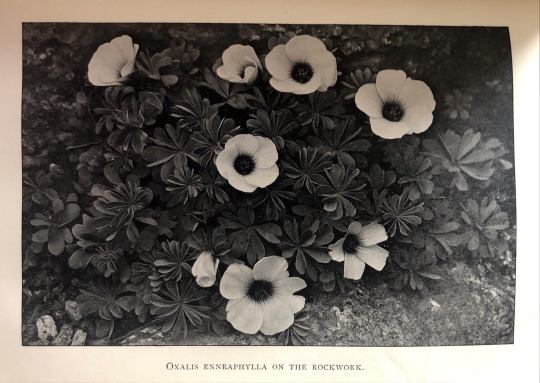

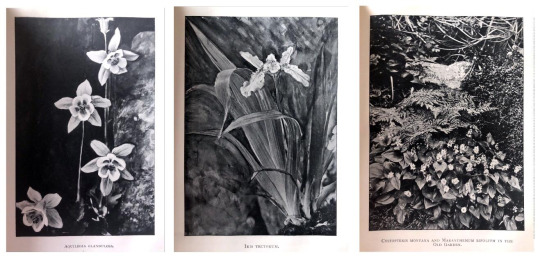
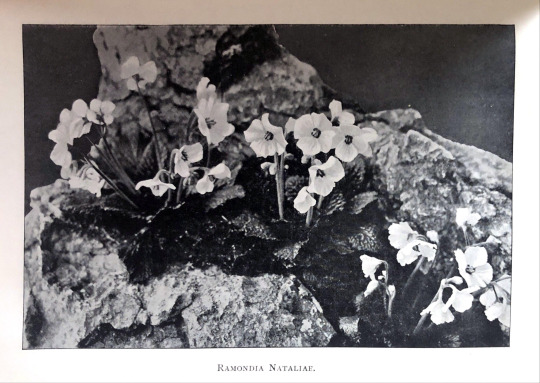

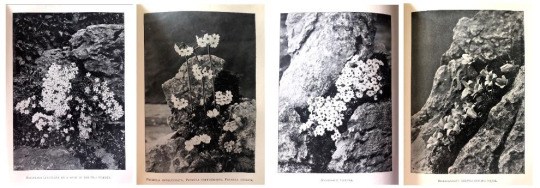
The photographs were taken in Farrer’s own garden. Little snapshots of the past :)!!
The text content of the book is quite intriguing and not all good, definitely carries heavy cultural baggage as does modern Western biology in general. I will preface this by saying I have absolutely not battled my way through this book, but I have read sections. there is a definite 1900s-Englishman tone in all the ways that can mean. part of that is most certainly a degree of both xenophobia and orientalism. When venerating the beauty of the wilderness and of Japanese/Chinese garden design, there is obvious othering in the language used & Farrer is dismayed at the effects of cultural transmission (this is most notably in European gardens attempting to mimic the artistic style of east Asian gardens but using the “wrong” plants, usually European plants rather than importing non-native varieties that are more “authentic”). Farrer was deeply in love with Asian biota and was notable for collecting plants to bring back to Europe, and while I cannot speak on Farrer’s techniques specifically, such practices are deeply intwined in racism and colonialism. In many cases, economic systems & resulting hardships forced on other cultures by Europeans allowed them to exert control over certain groups, stripping them of agency and employing them to extirpate “uncooperative” groups. I haven’t found anything re:Farrer in this context but it is essential to place the entire book within this context!!
However the majority of the book is Farrer describing gardening as well as his travels to collect plants for propagation in the UK (notably he died while on one such plant-collection travel). Apparently (& corroborated by the preface) the plants he searched for were ones that would grow well in the UK w/o much care, to make having a cool garden more accessible regardless of income. so if a plant needed extensive care and things like hothouses, it was not his priority.

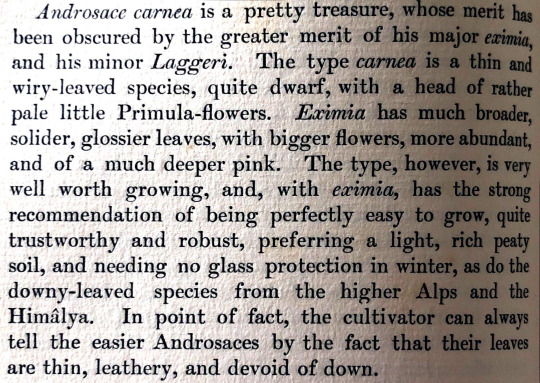
The way he describes plants is vaguely anthropomorphised in a generally appealing way, trying to make the reader appreciate the plant for things such as hardiness and robustness, which I suppose would align w/ the idea of making gardening easier. also in the sense that the robustness is tied in with beauty as well, as these features are of course not opposed to one another.
I may snoop through this book further to see anything else , we will see.
#library#antique books#antiquarian books#natural history#antique photography#history#books#old books#botany#gardening#horticulture#ecology#dark academia#miaow#osedax bookblog
65 notes
·
View notes
Text
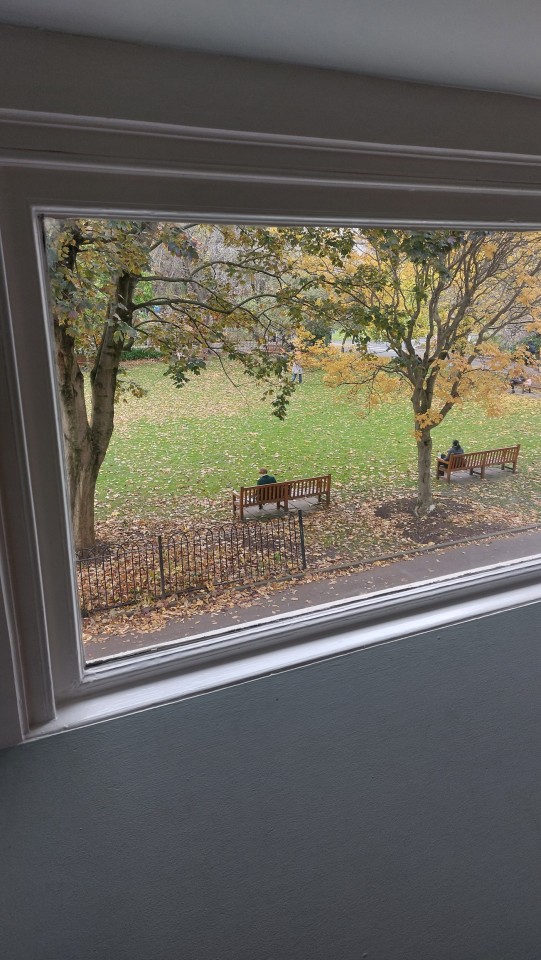
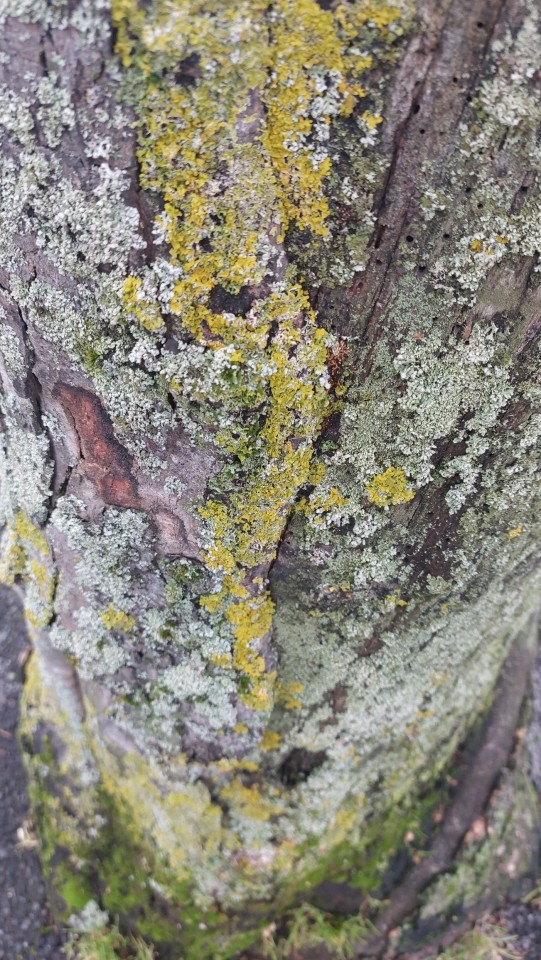
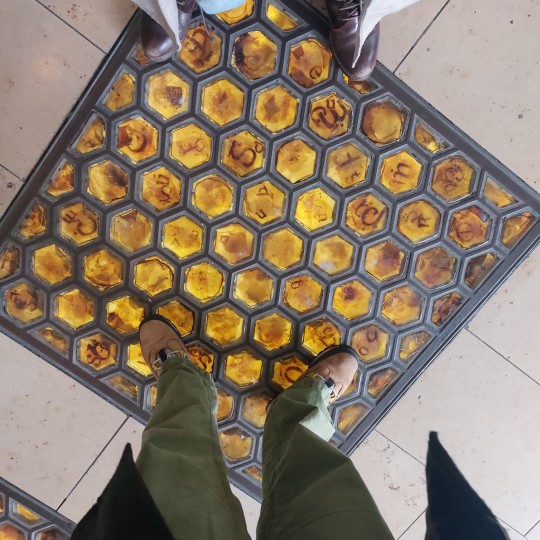
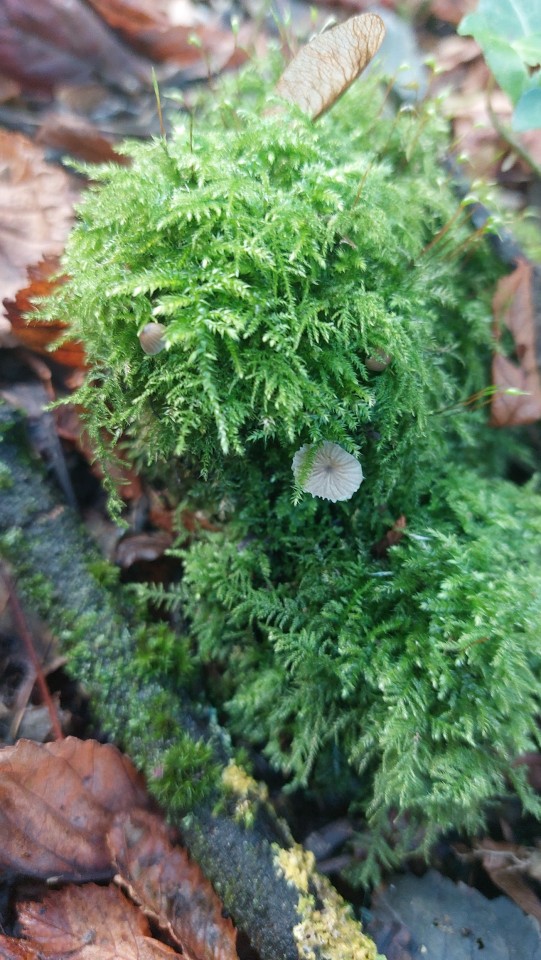
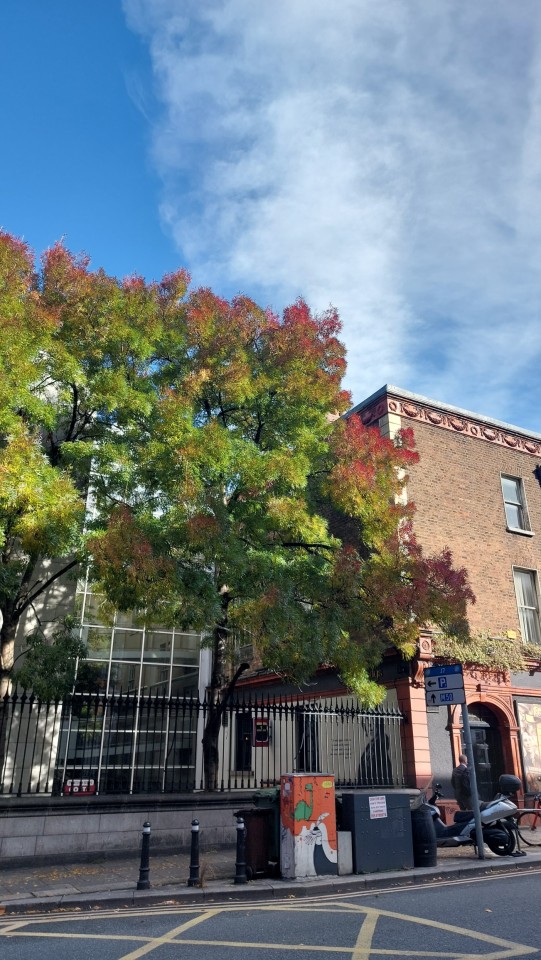
The first semester back in college after summer is always such a hectic time... its my favourite semester! So much learning, catching up with the new pace. Making new goals, putting yourself just one more step outside of your comfort zone!
10 notes
·
View notes
Text
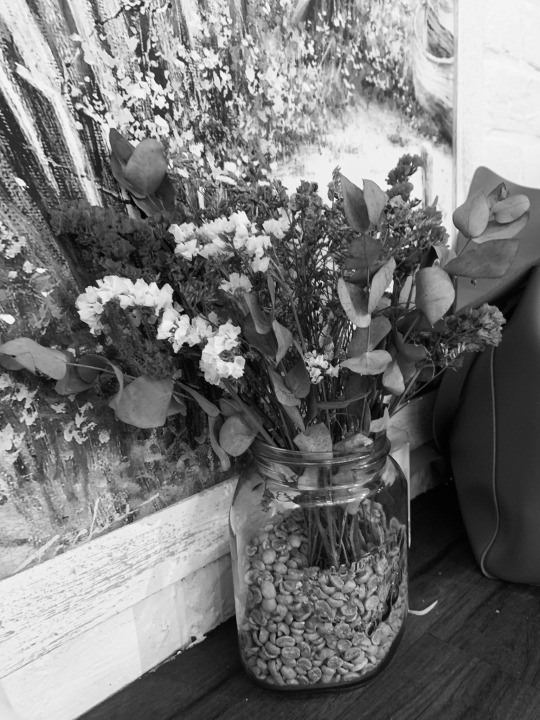
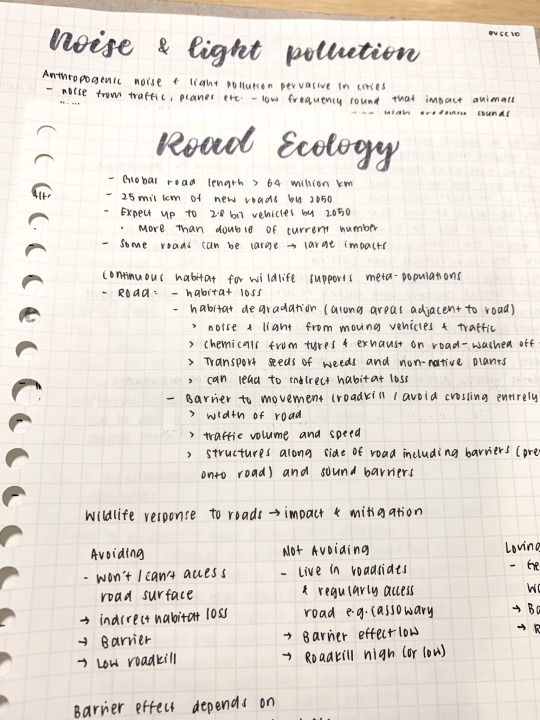
Walking down the memory lane IV
Old meets new
#studyblr#study#studyspo#a students lifebuoy#study smart#study notes#ecology#stem#stemblr#dark academia#problematicprocrastinator#myhoneststudyblr#studyvan#heysaher#heyzainab#blueplaidlook#heysage#lattesforlaura#adelinestudiess#gloomstudy#studiousliz#serendistudy#hiyatranquil
149 notes
·
View notes
Text
I am even more dedicated to getting into this wildlife program now!
I just spoke with a dear old friend of mine that is working on her PhD thesis project right now and she let me pick her brain and ask all of my questions regarding the field work.
Bless her~ She ends the Zoom call with "I can tell you're going to be really good at this. I'm happy for you."
And now I'm beaming as I scroll the job postings and the blogs and the conservation pages. I am so happy this is where I'm finding myself.
#academia#ecology#conservation#studyblr#dark academia#wildlife#wildlife biology#fisheries#school#university#college#studying
9 notes
·
View notes
